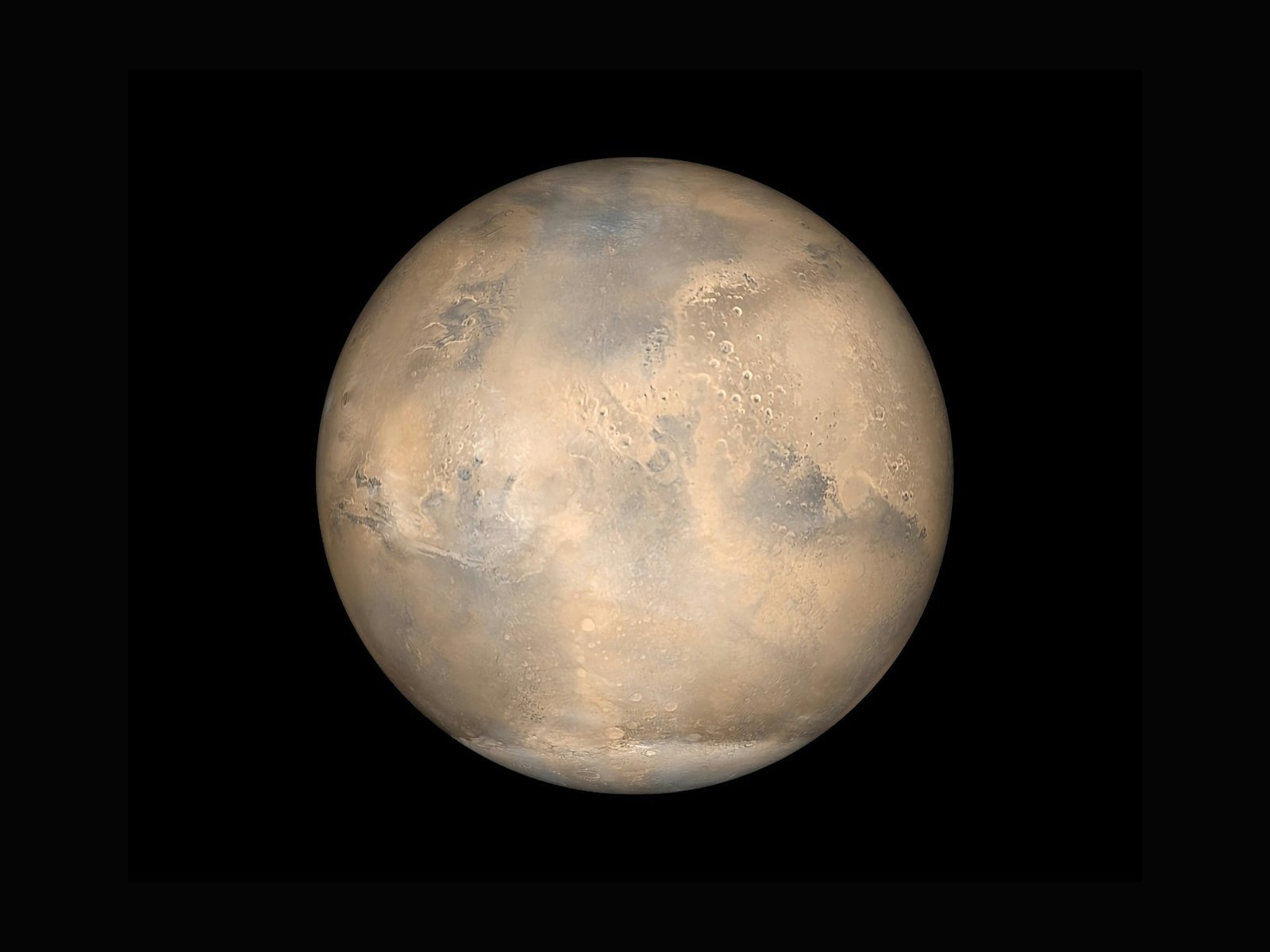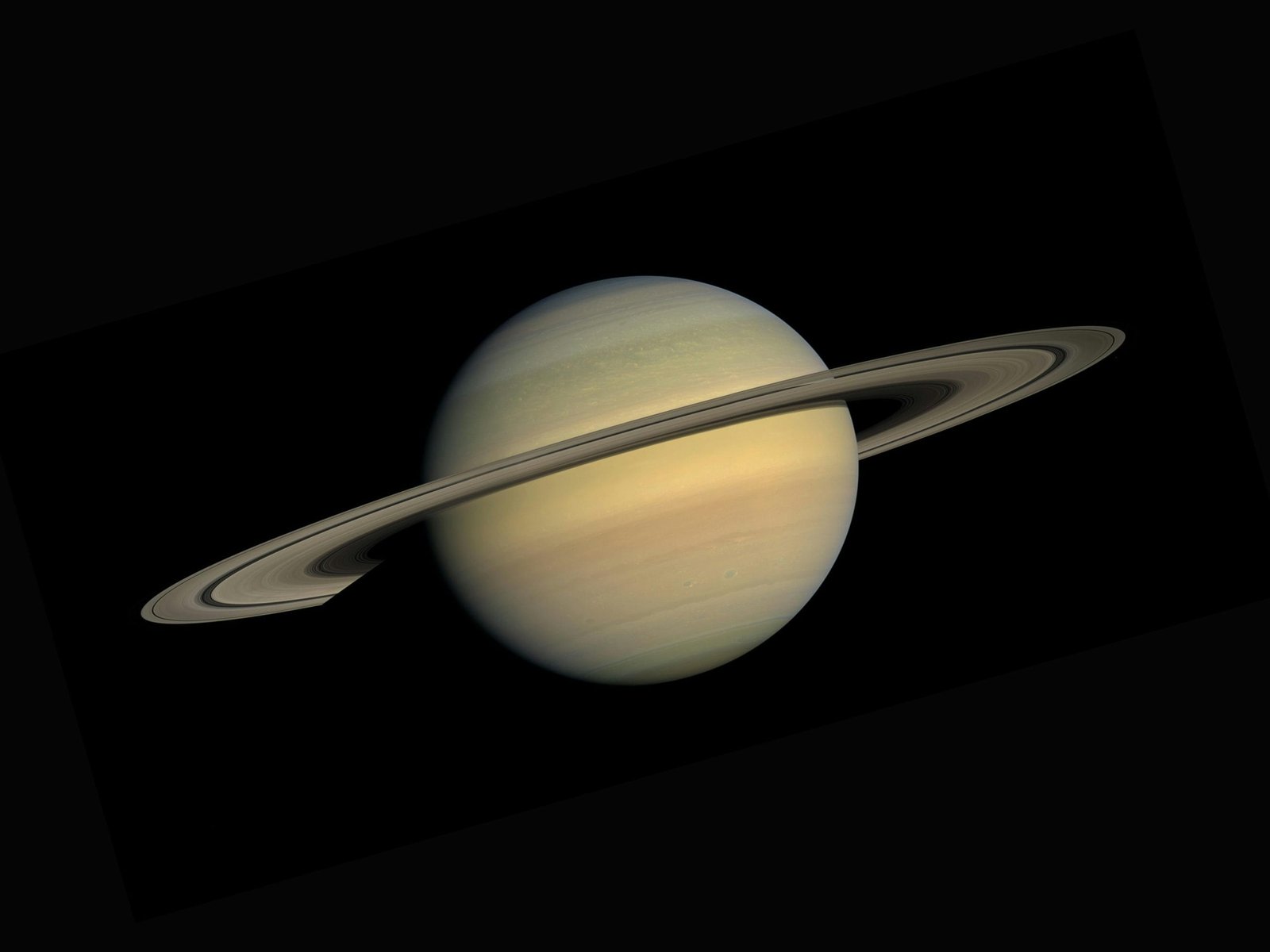Introduction to Jupiter in Astrology
In astrology, Jupiter is often regarded as the planet of expansion, growth, and abundance. Its influence permeates various facets of life, shaping experiences, opportunities, and even belief systems. Traditionally associated with fortune and luck, Jupiter is considered a benefic planet, meaning it generally fosters positive attributes such as optimism and generosity. Individuals with a strong Jupiter placement in their natal charts may find themselves naturally inclined to embrace life and pursue a path of personal development.
The significance of Jupiter extends beyond mere luck; it also encompasses the broader philosophies and ideals that guide individuals. This planet encourages exploration, whether physical, intellectual, or spiritual. Its expansive nature often leads to an interest in learning, travel, and higher knowledge, driving people to seek out experiences that foster personal and collective growth. This journey of exploration is crucial in understanding how individuals perceive their potential and navigate life’s challenges.
Moreover, Jupiter’s positioning in a natal chart can reveal critical insights about one’s aspirations and the areas in life where they may experience growth and abundance. For example, if Jupiter resides in the house of career, it’s likely that opportunities for professional advancement will present themselves. Conversely, if positioned in the house of relationships, it may suggest a focus on forging meaningful connections. Thus, understanding Jupiter’s role in astrology allows one to appreciate how this celestial body helps shape our values, priorities, and experiences.
This introduction lays the foundation for a deeper exploration of Jupiter’s direct and retrograde motions, which can further influence its effects in a person’s astrological chart. By analyzing the distinctions between retrograde and direct Jupiter, we can gain a more nuanced understanding of its impact on our lives and the myriad of possibilities it presents.
The Concept of Retrograde Motion
In astrology, retrograde motion refers to the apparent backward movement of a planet as observed from Earth. This phenomenon occurs when a planet, in its orbit, appears to slow down, stop, and then move in the reverse direction, creating a perception of retrogression. It is vital to understand that this is an optical illusion caused by the relative positioning and speeds of the planets involved. Retrograde planets in natal charts are considered to hold distinct meanings compared to their direct counterparts, significantly influencing chart interpretation.
A planet is labeled as “direct” when it moves forward in its orbit, following the standard direction of planetary motion, which is typically interpreted as a smooth and straightforward manifestation of that planet’s energies. Conversely, when a planet is retrograde, it suggests a period where the qualities associated with that planetary influence may become internalized or may not express themselves as overtly. Astrologers often view retrograde motion as a time for reflection, reassessment, and deeper introspection concerning the themes of the planet involved.
The symbolic implications of retrograde planets can vary widely depending on the specific planet and its position in the natal chart. For instance, a retrograde Jupiter may express itself in ways that cause individuals to reconsider their beliefs, philosophies, and notions of growth and expansion. It might lead to a more introspective journey where external success feels less important compared to personal development. Hence, it is essential for astrologers to pay careful attention to the retrograde status of any planet in a natal chart as it provides critical insights into an individual’s psychic landscape and potential areas for personal exploration.
Practical Chart Interpretation: Direct Jupiter
When Jupiter is positioned directly within a birth chart, individuals often experience an array of positive influences that can significantly shape their life experiences. This planetary alignment is traditionally associated with growth, expansion, and abundance, providing a fertile ground for opportunities across various domains, be it in personal development, career advancements, or social interactions.
One of the most notable characteristics of direct Jupiter is the enhancement of confidence and optimism. Individuals with this placement tend to approach life’s challenges with a buoyant spirit, viewing obstacles as mere stepping stones toward success. This unwavering belief in their abilities often attracts favorable situations and individuals, resulting in a nurturing environment conducive to personal and professional growth.
Moreover, direct Jupiter encourages a heightened sense of adventure and exploration. People may find themselves drawn to new experiences, cultures, and philosophies, expanding their horizons and enriching their understanding of the world. It’s this adventurous spirit that frequently translates into tangible benefits, such as travel opportunities or unexpected windfalls that align seamlessly with their efforts.
However, it is essential to recognize that while direct Jupiter brings various positive attributes, some challenges may still arise. Individuals may become overly optimistic, leading to a tendency to overlook potential risks or responsibilities. This excess enthusiasm can occasionally result in commitments made without thorough consideration, which could lead to feelings of overwhelm if not managed properly.
In summary, having Jupiter in a direct position within the birth chart is typically associated with plenty of growth opportunities and a pervasive sense of optimism. Understanding these dynamics empowers individuals to harness the beneficial energies of this planetary alignment while remaining mindful of its possible challenges, allowing for a well-rounded approach to life’s journey.
Practical Chart Interpretation: Retrograde Jupiter
In astrological practice, interpreting the influence of retrograde Jupiter within a natal chart provides valuable insights into an individual’s personality and life path. When Jupiter is in retrograde motion, the typical expansive and outward-focused qualities of this planet undergo a transformation. Instead of automatically projecting positivity and growth outwardly, a retrograde Jupiter encourages a more introspective approach. This inward focus fosters a deep re-evaluation of personal beliefs, values, and philosophical views.
Individuals with retrograde Jupiter often embark on a journey of self-discovery that may drive them to question societal norms and their own foundational beliefs. As a result, they may find themselves searching for meaning and personal truth rather than merely accepting established doctrines. This introspective nature can lead to periods of solitude, contemplation, and even internal conflict as they sift through conflicting values. However, through this process, they can uncover profound insights that help reshape their beliefs into something that resonates more deeply with their authentic self.
Moreover, the qualities associated with Jupiter—such as wisdom, abundance, and optimism—may be internalized in those with a retrograde placement. This internalization may manifest in a variety of ways, including an exhibited propensity for philosophical thought or a tendency to seek personal growth through educational pursuits. While the direct influence of Jupiter typically expresses itself through external achievements and expansive experiences, a retrograde position shifts the focus toward internal achievements, creating a unique blend of wisdom and humility.
In essence, while retrograde Jupiter presents challenges in terms of outward assertion, it also fosters remarkable opportunities for inner growth and understanding. Recognizing and appreciating these dynamics can significantly enhance one’s chart interpretation and provide a more holistic view of an individual’s potential and challenges, paving the way for meaningful personal development.
Comparative Analysis: Direct vs. Retrograde Jupiter
The interpretation of Jupiter, the planet of expansion and growth, presents a nuanced distinction between its direct and retrograde states. Direct Jupiter signifies a phase where opportunities are typically more accessible, and the flow of luck is organic. Individuals may experience a pronounced sense of confidence, often leading to bold decisions that propel them towards personal and professional advancements. For example, someone with a direct Jupiter in their natal chart may find that new job offers come easily or that they are experiencing a surge in creative inspiration, illuminating paths that seemed previously obstructed.
Conversely, retrograde Jupiter often indicates a period of introspection and reevaluation. The opportunities presented during this phase may be less straightforward, requiring individuals to dig deeper and shift their perspectives to uncover hidden potential. This state encourages a more internalized approach, where personal growth is achieved through overcoming obstacles and understanding one’s beliefs. For instance, an individual with retrograde Jupiter might find themselves reassessing their life goals, leading to a unique opportunity for transformative learning that may not have been apparent when Jupiter was direct.
Moreover, the personal growth associated with direct Jupiter can be characterized by a more expansive and optimistic outlook, while retrograde Jupiter may bring about a more cautious and reflective attitude. This can manifest in real-life case studies where people under the influence of retrograde Jupiter face setbacks that ultimately lead to significant self-discovery and resilience. In many instances, these individuals emerge with a clearer understanding of their aspirations and values, drawing on experiences that would not typically be highlighted during a direct phase.
Thus, the comparative analysis of direct versus retrograde Jupiter illustrates a profound interplay between the ease of external opportunities and the depth of internal growth, indicating that both states offer unique insights and benefits for personal development.
Case Studies and Real-Life Examples
The influence of Jupiter, whether in retrograde or direct motion, has long been a subject of intrigue in astrology. To understand these differences in chart interpretations, we can examine the lives of notable individuals who exhibit distinct characteristics based on their Jupiter placements. One prominent example is Albert Einstein, whose natal Jupiter was in direct motion. This planetary alignment is often associated with individuals possessing a strong sense of optimism and an innate ability to think expansively. Einstein’s groundbreaking theories in physics and his relentless pursuit of scientific understanding illustrate how direct Jupiter can manifest in intellectual creativity and profound insights.
In stark contrast, we can consider the chart of John Lennon, whose Jupiter was retrograde at the time of his birth. Retrograde Jupiter is frequently linked to a more introspective approach to life, where lessons tend to be learned through personal experiences rather than through external affirmation. Lennon’s journey as a member of The Beatles and later as a solo artist reflects a constant evolution of thought and a critical examination of societal values. His music often conveys themes of peace and introspection, embodying the characteristics associated with a retrograde Jupiter. This attachment to inner wisdom often leads to a unique and unconventional worldview.
Another relevant case study can be seen in the life of Oprah Winfrey, who has direct Jupiter in her chart. This positioning can reflect expansive opportunities and confidence, which were evident in her formidable rise as a media mogul and philanthropist. Direct Jupiter is often linked to success arising from social mobility and the ability to inspire others. Winfrey’s career choices not only highlight her own growth but also demonstrate how an individual with direct Jupiter can foster change within broader communities.
These examples illustrate how the distinction between retrograde and direct Jupiter can profoundly affect individual choices and life trajectories. Analyzing the lives of such figures provides deeper insights into the interpretations of these astrological placements.
Implications for Astrological Predictions
The motion of Jupiter, whether it is direct or retrograde, plays a significant role in the field of predictive astrology. Astrologers often analyze the positions and phases of celestial bodies to forecast events and trends in individuals’ lives. Direct Jupiter is generally associated with forward movement, optimism, and the expansion of opportunities. When Jupiter is positioned directly in a natal chart, it signifies a time when individuals may experience growth, success, and the ability to access resources more readily. This positive momentum can enhance overall life experiences, allowing for a fruitful period of personal and professional development.
Conversely, retrograde Jupiter embodies introspection, revision, and a reassessment of one’s beliefs and values. During this phase, astrologers suggest that individuals may find themselves questioning established truths and navigating through possible setbacks or delays in their pursuits. The influence of retrograde motion often encourages deeper reflection, leading to transformative insights and revelations that are not typically accessible during direct motion. This period can be characterized by an opportunity to revisit past experiences, reconsider objectives, and realign one’s path with newfound understanding.
Astrologers utilize these distinct motions of Jupiter to tailor their predictions and insights regarding various aspects of life, including career, relationships, and personal growth. For instance, if a client is undergoing a Jupiter retrograde phase, the astrologer may advise them to focus on introspection and be patient as new opportunities may arise from reassessment rather than immediate action. Understanding the nuances between direct and retrograde Jupiter empowers astrologers to provide more accurate forecasts and interpretations, adapting their strategies to the circumstances presented by celestial movements.
Navigating Life with Retrograde Jupiter
Individuals who have retrograde Jupiter in their astrological chart often find themselves experiencing unique challenges and opportunities for personal growth. This placement encourages deeper reflection and introspection, allowing for a more profound understanding of oneself and one’s beliefs. To leverage the introspective qualities that come with retrograde Jupiter, it can be beneficial to prioritize self-exploration activities such as journaling, meditation, or therapy. These practices help to illuminate inner thought patterns and belief systems that may require reevaluation.
Moreover, retrograde Jupiter encourages embracing a mindset geared towards lifelong learning. Since this placement can lead to varying interpretations of knowledge and expansion, those affected might benefit from focusing on unique educational paths such as self-directed studies or alternative learning environments. Understanding that one’s beliefs can evolve is crucial, and remaining open to new experiences can enrich personal growth.
Additionally, it is advisable to approach experiences with a critical yet optimistic lens. Acknowledging past mistakes and lessons learned can pave the way for transformation and growth. Individuals with retrograde Jupiter should strive to balance their introspection with a degree of action, engaging with the world while processing their insights. Creating a supportive community of friends or mentors who understand their journey can also provide much-needed encouragement and motivation.
Utilizing the lessons of Jupiter effectively requires integrating these introspective practices into daily routines. Emphasizing gratitude, setting realistic life goals, and celebrating small victories can cultivate a sense of abundance that aligns with Jupiter’s essence. Overall, persons with retrograde Jupiter have the potential to transform challenges into avenues for growth, making their life journey uniquely enriching.
Conclusion: Embracing the Cosmic Journey
In summary, the exploration of retrograde Jupiter versus direct Jupiter placements in astrological charts reveals profound insights into individual growth and development. Each positioning carries its own unique attributes, influencing life experiences and personal evolution. Direct Jupiter is often associated with abundance, optimism, and expansion in various life areas, encouraging individuals to seize opportunities and cultivate their ambitions. In contrast, retrograde Jupiter invites introspection, inner growth, and a reevaluation of life’s philosophies and values. This introspective journey can lead to a deeper understanding of one’s true potential and a reassessment of what brings genuine fulfillment.
The intricate dance between direct and retrograde Jupiter placements serves as a reminder of the diverse paths individuals may traverse throughout their lives. Understanding these celestial movements enables a more nuanced interpretation of one’s chart, aiding in the navigation of personal challenges and triumphs. It is essential to recognize that both direct and retrograde phases are integral to the cosmic journey, offering distinct lessons that are pivotal to personal development.
As one embraces these lessons, it becomes apparent that both retrograde and direct Jupiter placements contribute to a wider tapestry woven by cosmic influences. Each phase encourages individuals to harness their strengths, learn from their challenges, and ultimately foster resilience and growth. Astrological insights provide frameworks for understanding these dynamics, empowering individuals to appreciate their life journey regardless of the planetary influences at play. Therefore, it is beneficial to accept and embody the lessons presented by both retrograde and direct Jupiter, as they cumulatively enhance self-awareness and contribute to a richer, more fulfilling life experience.




